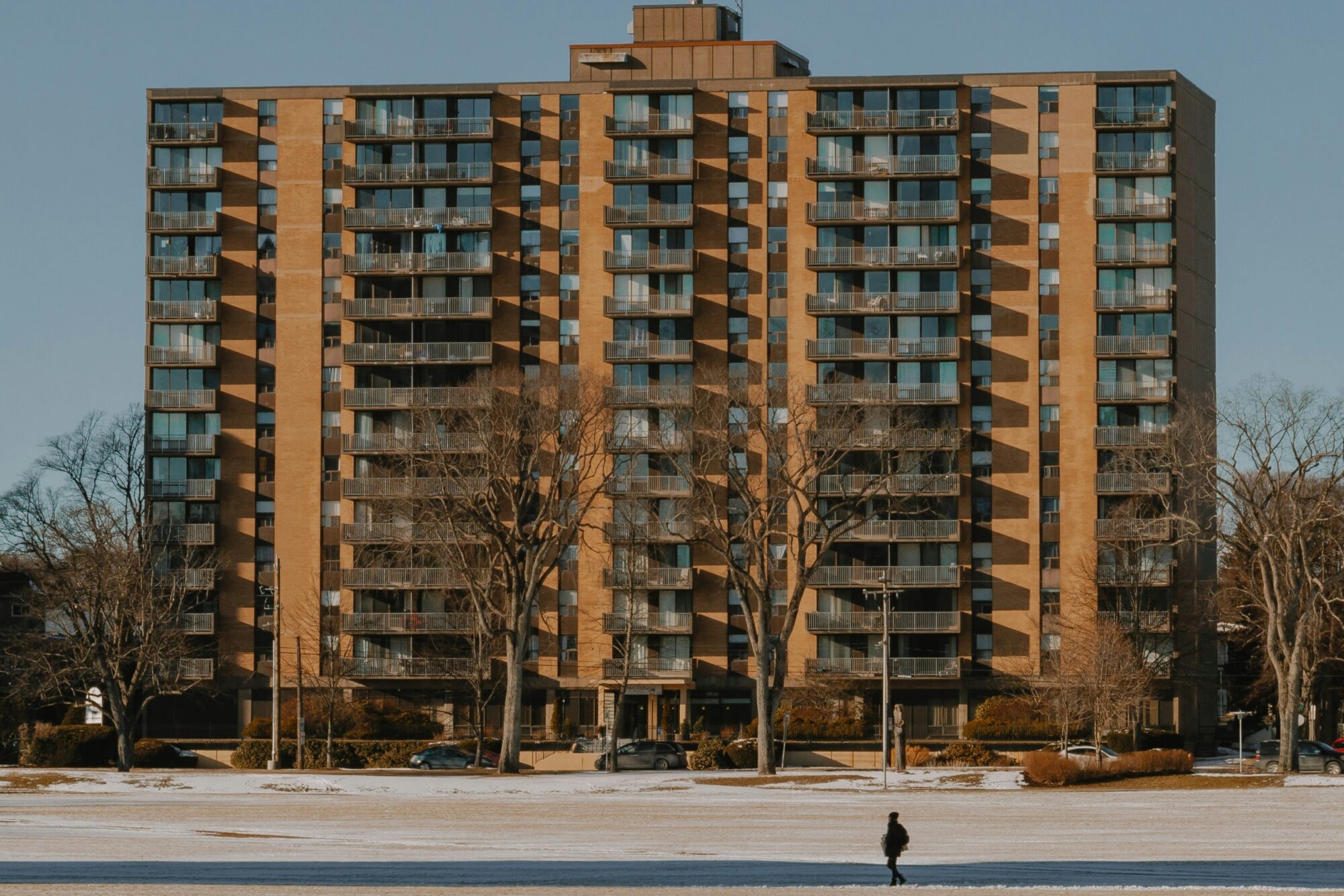Canadians who want to get to know Pierre Poilievre better would do well to study his first few weeks back in Parliament this fall.
This opening of the fall sessions was eventful in many respects. It included, among other things, allegations by the Prime Minister that the Indian government was involved in the murder of a Canadian citizen on Canadian soil, and the invitation of a former member of the Nazi SS as guest of honour in Parliament resulting in a new House Speaker. There were also tense demonstrations from the far-right and counter-demonstration on Parliament Hill in defense of LGBTQ2+ rights.
Together these events demonstrate Poilievre’s real contradictions with the public image he cultivates. This is not about the change in outfits that Conservative public relations experts have chosen for their leader to appear with less suits and more working-class attire. This is about Poilievre falling short of living up to the positions and values he publicly espouses.
During a four-hour debate in the House of Commons about the allegations against the Government of India, the Conservatives distinguished themselves by putting up only one speaker on the issue while asking no questions. This sudden silence comes after a year in which Conservatives regularly raised concerns about foreign political interference from other countries in Question Period.
There can be no greater assault on the political rights of Canadians than to be killed because of our political views. Surely no champion of commonsense could deny this. Yet, when the defence of this important principle was not politically expedient for Poilievre, he and his Caucus MPs were suddenly nowhere to be seen.
When it came to the recent confrontation on Parliament Hill against human rights, New Democrats stood shoulder to shoulder with defenders of the LGBTQ2+ community. Agree or disagree, you know where we stand. Meanwhile, Poilievre ordered Conservative MPs into silence–to refrain from posting online about the demonstrations or the issues, let alone attend the demonstrations to defend human rights or talk to the media.
And yet, Poilievre would have you believe he is a champion of free speech. He is against government censorship, but not censorship by leaders of political parties over their MPs; a distinction as dubious as Poilievre’s support for the Freedom Convoy, ousting of then-leader Erin O’Toole, and his swift distancing from the convoy once his own leadership was secured. While calling out Justin Trudeau for taking days to apologise for the invitation of a former Waffen-SS soldier to the House, it also took him days to backtrack on his Caucus members meeting with a racist Member of European Parliament.
While trying to imagine “gatekeepers” behind the housing crisis, the big Conservative reveal on housing policy betrayed a remarkable similarity with the Trudeau Liberals. Both parties put market-based solutions on a pedestal and fail to embrace the essential role of the non-profit, cooperative and government sectors in addressing the housing crisis. It is unclear exactly how further financialization and profit maximisation of Canada’s housing market is supposed to lead to affordable housing.
While the present vogue for Prime Minister Trudeau is to blame the provinces, Poilievre prefers to blame cash-strapped municipalities, some of whom are trying to get shovels in the ground without much help being promised from the federal Conservatives.
For Trudeau the blame game distracts from the fact that the Liberals themselves kickstarted the commodification of housing in the 1990s when they cancelled the national housing strategy of the day, as well as the fact that his own government has largely failed to significantly increase housing supply.
For Poilievre the blame game distracts from the fact that Conservatives doubled down on the commodification strategy when he was at the Cabinet table under Stephen Harper, refusing to renew federal operating grants for social housing and losing 800,000 units to a market whose rents were skyrocketing even back then.
In both cases, the blame game serves to detract from a shared support for the commodification of housing and a corresponding devaluing of the non-market strategies that we need to secure housing for each and every Canadian.
Pierre Poilievre has shown that he can talk a good game on many issues when it serves his pursuit of power, and just as quickly turn his back when it does not. These are the telltale signs of the kind of career politician Poilievre says he despises, though he has spent his entire adult life as the Member for Carleton in Parliament. Canadians would be right to ask whether this guy is really who he says he is.





